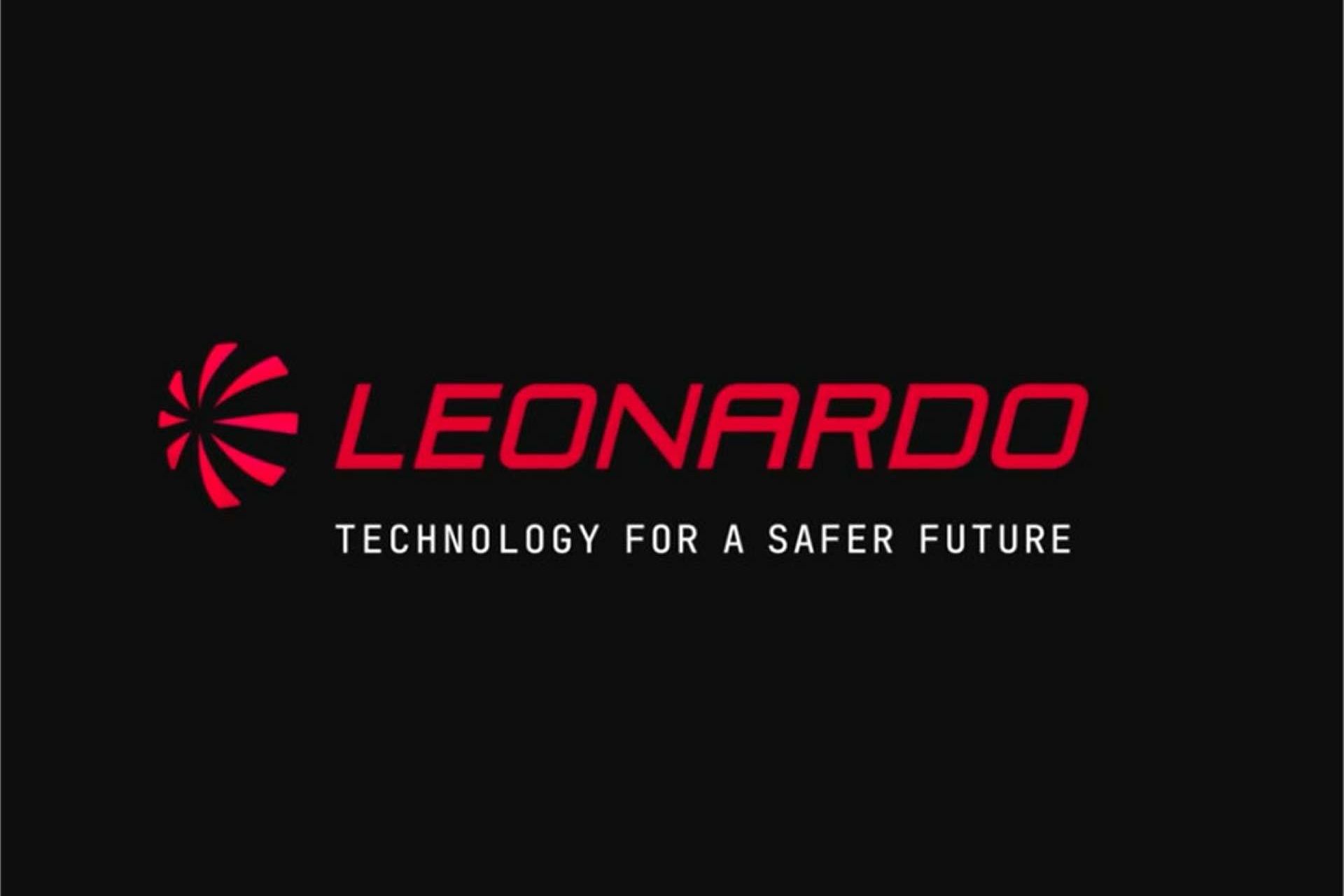Breaking News
Leonardo Refutes Allegations of Supplying Armaments to Myanmar Navy.
Army Recognition acknowledges an error in a recent article reporting that Myanmar’s newly commissioned frigate UMS King Thalun is equipped with Leonardo’s OTO Melara 76/62 naval gun. Following clarification from Leonardo, we confirm that the company has not supplying these systems to the Myanmar Navy, either directly or indirectly.
Follow Army Recognition on Google News at this link

(Picture source: Leonardo)
Leonardo, the renowned Italian aerospace and defense company, has firmly denied allegations regarding the supply of OTO Melara 76/62 naval guns to the Myanmar Navy. Responding to claims circulating in media outlets, the company has labeled these reports as entirely baseless and unfounded.
In a statement, Leonardo clarified that it has neither directly nor indirectly, through third parties, sold or supplied the OTO Melara 76/62 guns to the Myanmar Armed Forces. This includes transactions dating back to the period before the European Union's 1996 arms embargo and the enactment of Italy’s Legge 185/90, which governs the export of military materials.
Leonardo emphasized that all its armament contracts are rigorously governed by Legge 185/90, which mandates the issuance of End User Certificates by the authorities of purchasing nations. These safeguards are in place to ensure that all military sales align with international and domestic regulations.
Additionally, the company holds a licensing agreement with India’s Bharat Heavy Electricals Limited (BHEL) for the production of the 76/62 gun. This agreement explicitly prohibits any unauthorized sale or export of the system without prior approval from both Leonardo and the Italian authorities. Addressing the rumors, BHEL officially confirmed on January 9, 2025, that it has never delivered or exported these naval guns to the Myanmar Navy.
Leonardo reiterated its strict trade compliance policies, which classify Myanmar as a sensitive country. This designation necessitates thorough assessments for any potential transactions, even those involving civilian goods. The company’s internal compliance program is continuously updated to reflect evolving export control laws and sanctions regimes, ensuring full adherence to applicable regulations.
























